Have you ever experienced soap that is not lathering while you are in the shower? You see on the door of the bathroom and are amazed what are those white spots on the door? Not only this, when you go to the kitchen and see orange stains in the kitchen sink and wonder where all this came from? Suddenly, you realize that these are the results of a water softener that is run out of salt. And you know well the undesired results of hard water. In any case, If you don’t know what happens to my water softener runs out of salt then have a look at this article.
If the water at your home is brine then water softening salts are essential to maintain the performance of water softeners and get high-quality water for your home. So, if the water softener runs out of salt then the water softener will do nothing and provide you brine water without any addition of elements. The brine water will not only harm your laundry, kitchen accessories, etc. but also can damage the water fixtures.
Table of Contents
Process of Water Softener System
During the process of water softener, there are two main parts of it. The first one is “resin tank” and the second one is “brine tank”. The first resin tank consists of small plastic beads that are also called water softening resin. 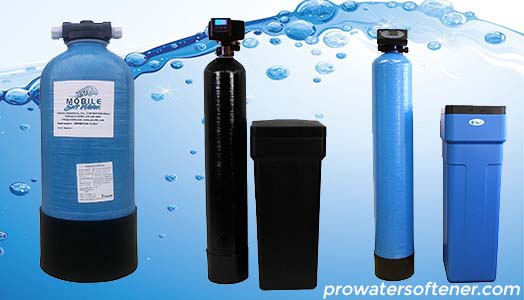
The water flows from the brine tank to the resin tank. When it enters to resin tank it flows over small plastic beads that are negatively charged with the sodium ion. This negative charge attracts the magnesium and calcium mineral ions. After this, the hard minerals stop in the resin tank, and cleaned water flows out for daily use.
Check Out: Top Rated Water Softening Systems
Consequences of Water Softener runs out of Salt
No Salt means No Soft Water:
As the water softener process is explained above, you can understand if there is no salt you will not get soft water. The water will flow from the brine tank to the resin tank and flow out without processing. If there is no salt in the resin tank, it will not be able to detach hard minerals from brine and rock saltwater.
No Salt means Iron in your water and Control Valve:
The water that goes from the control valve is already processed from a water softener. If there is no salt then there will be no salt, you will get hard minerals and iron into your control valve that can block it. Also, the iron will be mixed in daily use water that will not only dangerous for the items that you wash from water but also for your health.
Some signs when your water softener gets out of salt.
- When you wash dishes or glassware with a dishwasher, it comes out with stains.
- When you are bathing, your soap does not lather up and leaves residual on your skin after showering.
- If there is no salt and hard water flows through pipes, it can create a problem like iron can stick on pipe surfaces and
- If the water is hard then the showerhead and sink can be covered with a white crust. This white crust can be a hurdle in water flow and cause the water flow to spray around.
- Bathroom doors are covered with a white crust that is created due to sprinkles of hard water on the door.
You have to check the water softener salt from time to time. Sometimes you forget to check and results in hard water that harms you. It will be great to check it up periodically. There is also some electric salt alarm available in the market that alerts you when there is a low quantity of salt in a water softener. try to use them so you can have a check on water salt.
Check Out: Best Water Softener System Salt in 2022
Frequently Asked Questions (FAQs)
1. What happens if I stop putting salt in water softener?
If the brine tank runs out of salt. If you forget to top off your water softener, the water softening resin will stay saturated. This brings the ion exchange to a screeching halt and allows hard water minerals into your pipes, fixtures, and appliances.
2. Can a water softener run without salt?
Without enough salt to form a brine solution and recharge the water softening media, your system gets less and less effective. When there’s no salt left at all, your system will be attempting to recharge the media with raw water instead.
3. How often do you need to add salt to a water softener?
Salt should be added to the softener two times a month. Probably you said salt in the softener recently, and it seems like you would need to add more. However, if you own a water softener, it is advisable to check the salt level twice a month to ensure enough salt.
Check Out: Most Efficient Electronic Water Descalers

Steve Smith is a United State Licensed Plumber with over 18 years of plumbing experience. Steve has conducted residential and commercial plumbing jobs throughout the state and currently works for one of California’s largest plumbing companies. When he’s not working, Steve enjoys spending time with his daughter and son.
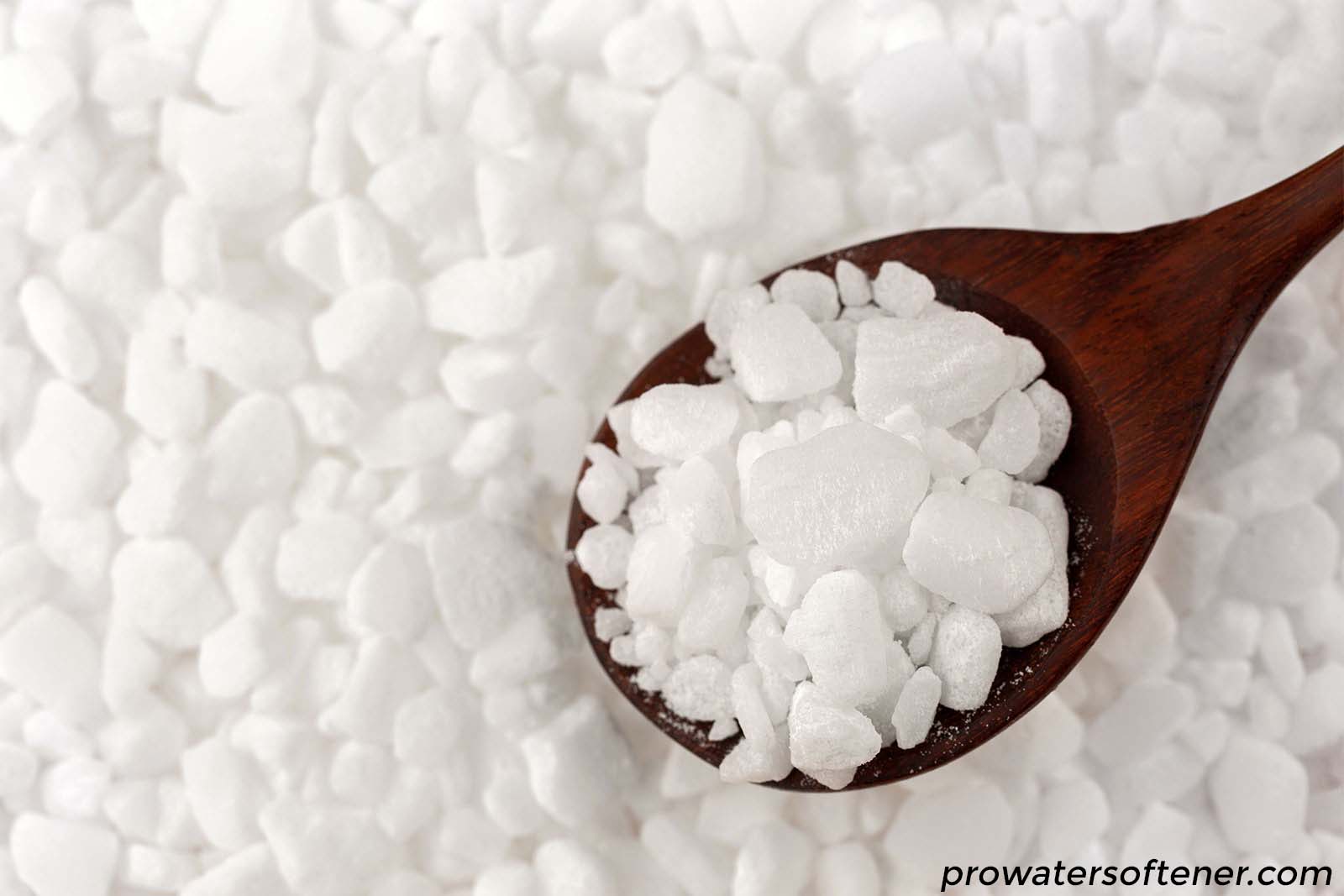
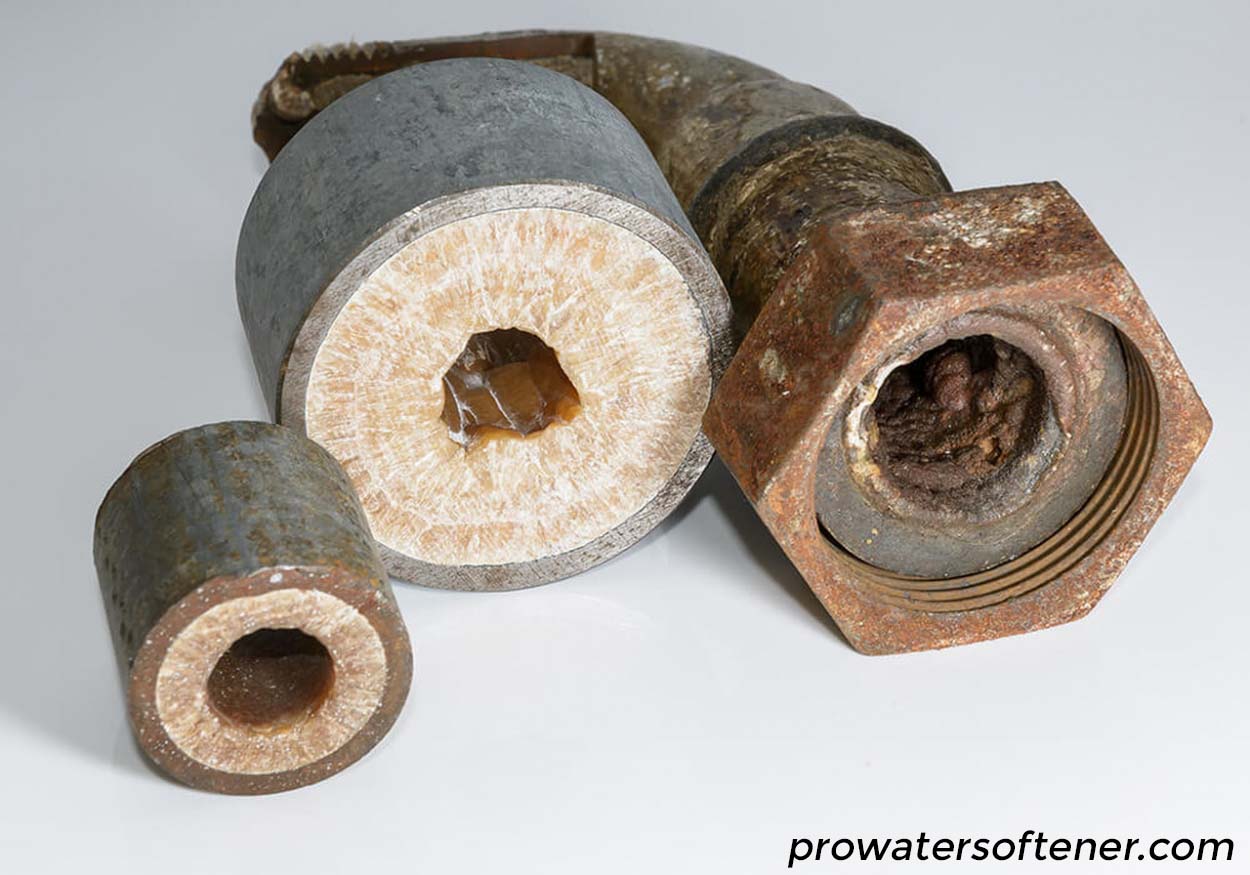
![Is Soft Water Good For Your Skin? [Benefits Of Soft Water] soft water for skin](https://prowatersoftener.com/wp-content/uploads/2021/03/water-for-skin-min-150x150.jpg)
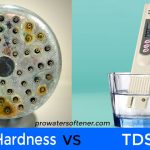
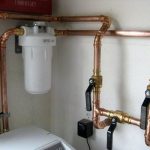


![Do all water softeners need a drain? + [FAQ Included] Do All Water Softeners Need a Drain?](https://prowatersoftener.com/wp-content/uploads/2021/11/Drainage-pipe-min-150x150.jpg)


Leave a Reply